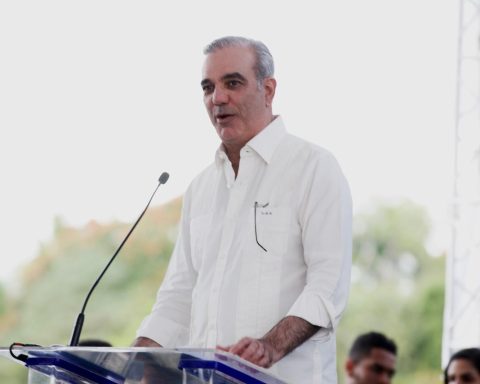So far, the Mexican government has modified the Labor Law to prohibit outsourcing and increase the number of vacation days, but there are other laws on the horizon that will increase the challenges for companies, such as reducing the work week to 40 hours.
Oliveira points out that what worries large companies is the loss of competitive advantages in attracting human talent.
“Many of these things (companies have already taken the lead or have benefits that exceed the law. So, the concern is that the competitive advantage to search for talent in the market will be diminished, because now the baseline will be the same,” he says.
If everyone now has 12 days of vacation and is going to work 40 hours, they are going to lose that differentiator.
In this regard, the Sintec Consulting specialist points out that the effort of companies should not only be seen from the monetary side, but also the emotional salary, the salary of growth and opportunities.
As for small and medium-sized companies, where the country’s workforce is concentrated, he says that the concern about these labor reforms lies in the cost they represent for them, which highlights the reduction of the working day.
Although for now this 17% reduction in working hours is not on the priorities of the virtual president-elect, Claudia Sheinbaum, Oliveira points out that sooner or later it will happen.
This is due to the guidelines being adopted in Latin America, where Ecuador has a 40-hour workday, and in April of this year, Chile joined this effort to gradually reduce hours to reach 40 in 2028.
The projections of the impact of the additional cost of this reform to reduce working hours range from 8% to 20% depending on the type of business and the size of the organization.
For the specialist, it is important that companies begin to identify gaps within their operations and eradicate them.

















